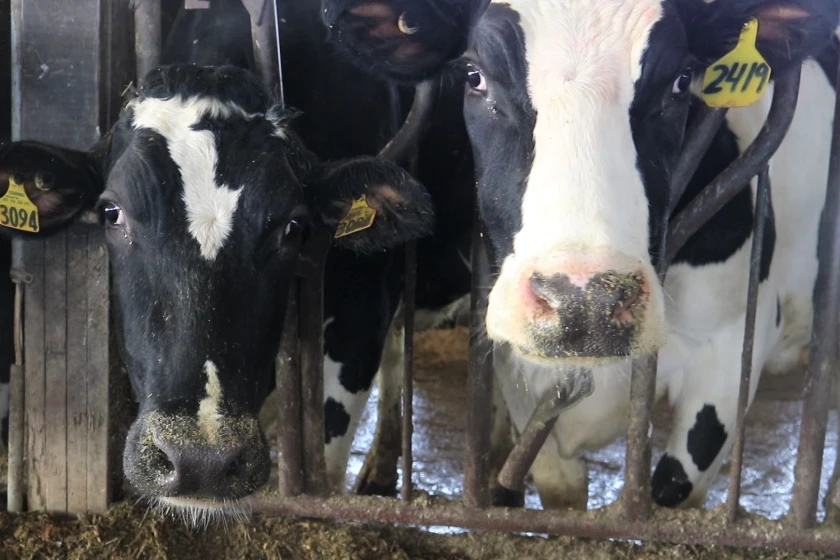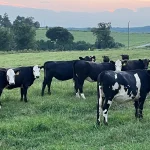
40 proposals were submitted by stakeholders for consideration and 21 of the proposals will be considered at the hearing.
A national public hearing is being held to consider and take evidence on proposals to amend the pricing formulas in the 11 Federal Milk Marketing Orders (FMMOs).
The event — which will take place Aug. 23 at a conference center outside of Indianapolis — could run for weeks and will be the largest public hearing on federal milk pricing in 20 years.
“The purpose of the hearing is to receive evidence with respect to the economic and marketing conditions related to the proposed amendments, hereinafter set forth, and any appropriate modifications thereof to the marketing orders,” said USDA in its notice announcing the hearing.
With significant changes in the dairy industry and milk marketing occurring since their adoption in the early 2000s, proponents contend that the uniform FMMO pricing formulas should be amended. 40 proposals were submitted by stakeholders for consideration.
Twenty-one of the proposals directly impact the uniform pricing formulas and will be considered at the hearing. The proposals contained in the hearing notice seek to amend the milk composition factors, commodity product prices, Class III and Class IV formula factors, base Class I skim milk and Class I and Class II differentials.
Organic left out
Proposals from the National Milk Producers Federation (NMPF) and the International Dairy Foods Association (IDFA) are included in the hearing’s agenda. A proposal from the organic industry was not.
In a July 13 letter to USDA, certified organic dairy farmers from 24 states across the country urged the department to include their proposal calling for an organic exemption to the FMMOs.
“Examination of the dynamics of the organic milk market further sustains our position that organic milk does not appropriately fit the tenets or purpose of the Federal Orders, and the Orders should be amended to reflect that experience,” reads the letter. “Organic milk is not substitutable with other milk pooled on the orders, and more importantly, its pricing has historically exceeded regulated minimum prices and is detached from classified pricing. Yet the reality is the Federal Order rules and requirements impact our farm gate milk price by burdening us and our organic dairy buyers with pool payments that go overwhelmingly to non-organic producers.”
Adam Warthesen, Organic Valley director of government and industry affairs, said they were “frustrated and disappointed” that the organic exemption wasn’t included in the hearing.
“It’s pretty extraordinary frustration by us that our farmers and our coop, who has to market all this milk, feels like how the orders impact us and how it impacts our price that we pay the farmers is not being heard within this context,” Warthesen said.
He said the vast majority of Organic Valley milk is used in fluid processing.
“It will directly impact our producers, if you increase the spread Class I and Class III,” he said. “You’re going to put additional strain on coops like us, to have to pay greater dollars, greater obligation into the pool, which means we will be able to pay our farmers less.”
Warthesen said the organic exemption will be brought up by representatives from Organic Valley and elsewhere during the testimony section of the hearing.
























